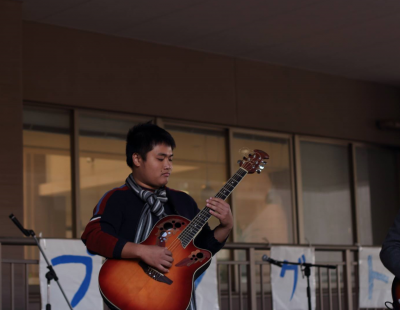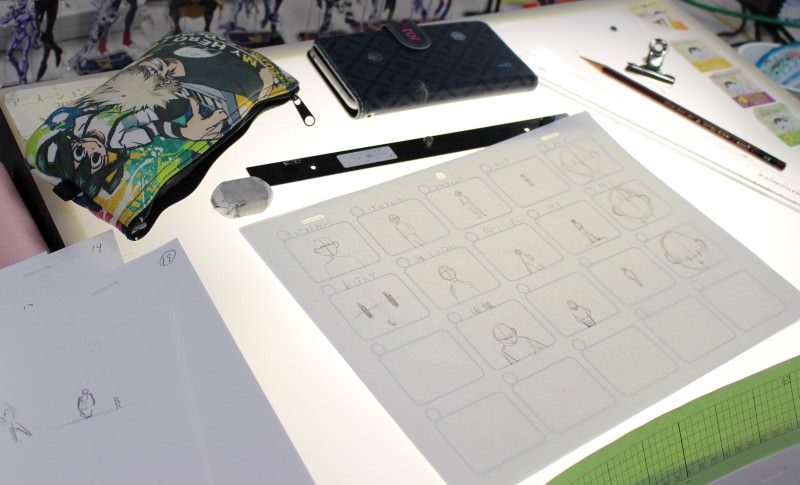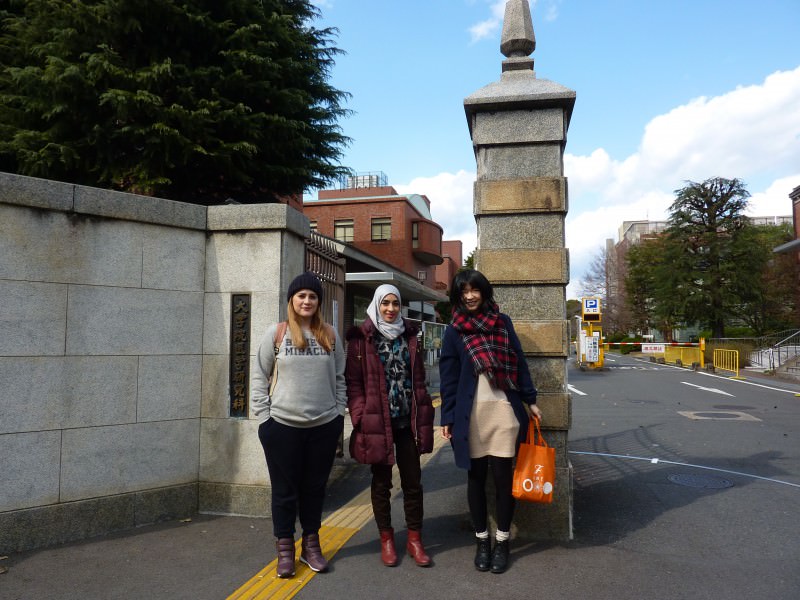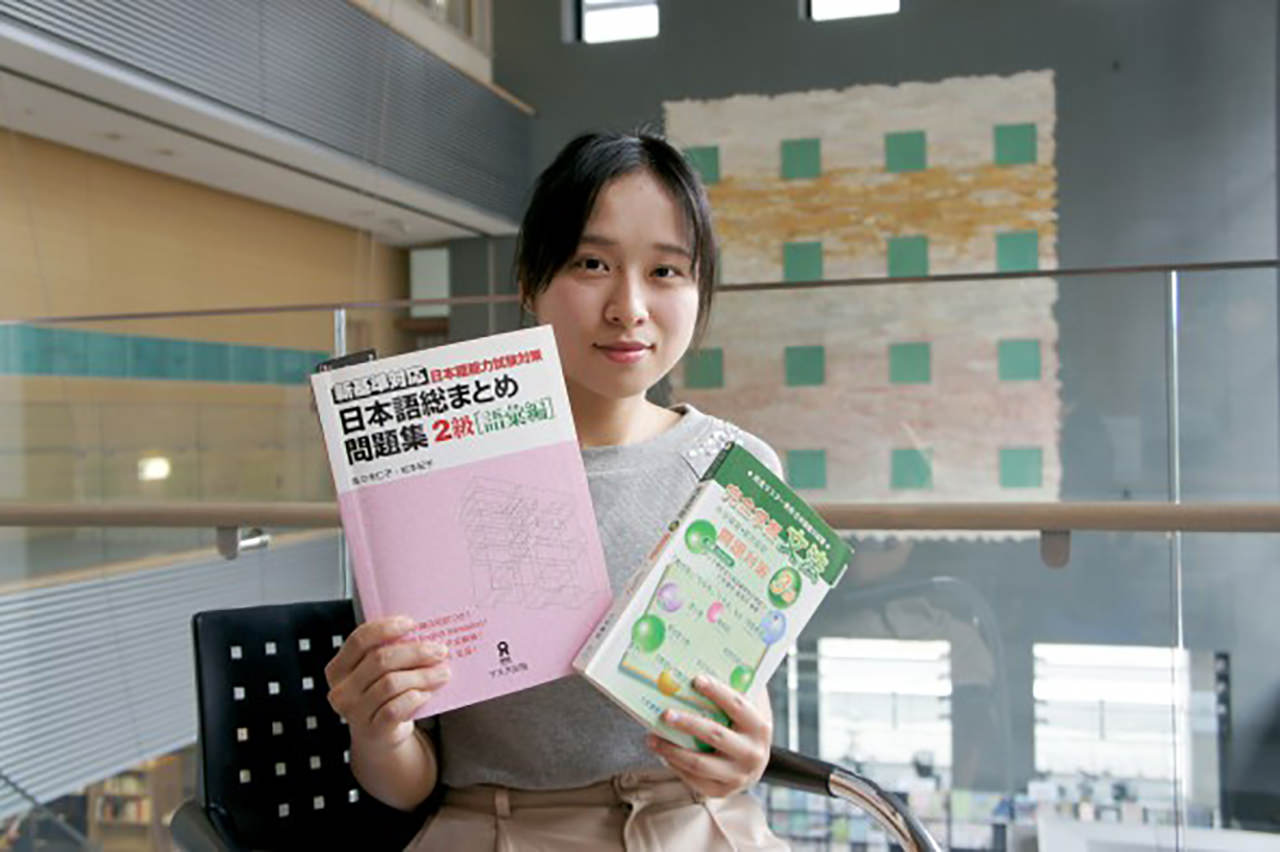วิธีเรียนภาษาญี่ปุ่น 2
2016.11.04
Reading, listening, and singing in Japanese
Q: Do you ever read novels in Japanese?
I like Keigo Higashino, and Otsuichi’s mystery novels. In mysteries, societal issues come up in the story, too. My favorite Otsuichi novel is GOTH. The twists in the story are really interesting.
I like Haruki Murakami as well, but to be honest I haven’t read his work in Japanese much. (laughs) He’s popular in so many countries, and he’s the most popular Japanese writer in Vietnam. The movie version of Norwegian Wood was directed by a Vietnamese director, actually: Tran Anh Hung. It’s a beautiful movie.
Speaking of Tran Anh Hung, his movie I come with rain starred Takuya Kimura (of the popular Japanese boy-band SMAP), and Cyclo starred Tony Leung from Hong Kong. He’s a very international director.
Q: Do you listen to Japanese music?
In Vietnam, K-Pop is much more popular, but recently people have begun listening to some J-Pop, too. Groups like AKB, EXILE, and SMAP are popular in Vietnam.
They’re not very well-known in Vietnam, but I personally like Mr. Children and Kobukuro.
Q: Did it help you to study by reading the lyrics?
I don’t really look at the lyrics much, to be honest. Even if I didn’t know what the song was about, I would listen to the sound and remember the words naturally by listening to the songs again and again.
How to experience natural Japanese
Q:Did you listen to groups like Mr. Children while you were in Vietnam?
A: No, not until after I came to Japan. I joined a music club at school, and because a lot of us played acoustic guitar, a lot of my friends there listened to groups like Mr. Children and Kobukuro and Spitz. I was introduced to their music there, too. There were only two other non-Japanese people in the club, so I had to speak Japanese while I was there. It was good practice! I learned a lot. Slang that only young people use, Kansai dialect–I learned a lot that wasn’t in the classroom. (laughs)
At first, everyone would say things like, “Yabé, yabé,” (A sort of rough way to say, “Oh my gosh”/a general exclamation) and I had no idea what they were saying. Kansai dialect like dekihen (“I can’t do it”), wakarahen (“I don’t understand/I don’t know”), was hard for me, too.
We performed as a group once at a school festival. The song was in English, though.
Q: Have you had a part-time job while in Japan?
A: I work as a TA (teacher’s assistant) at school: grading tests, and math word problems.
Formal Japanese is rough!
Q: Which is more difficult for you, written or spoken Japanese?
A: Definitely written Japanese. It’s too formal. (laughs) There are formats for how to write emails, how to write letters, how to write reports, how to write books, and the language you use is different for all of them. How I write at my job versus how I write when I write an email to my professor is different. The words might mean the same thing, but the words you use in a formal setting versus in conversation completely change.
Grammar is difficult, too. When you’re speaking, you don’t have to worry about it so much, because vocab is enough to make your meaning clear.
Q: What do you do when you don’t know a word?
A: I use dictionary sites a lot. Weblio or Jisho.org are really helpful.
Not such a foreign language anymore!
Q: Do you ever think in Japanese when you’re alone?
A: Sometimes, yeah. But not always.
When I speak in Japanese, though, I’m always thinking in Japanese, too.
There are some words, like arienai, or tondemonai that have nuances that don’t exist in Vietnamese, so it feels much more natural to think in Japanese when I speak Japanese.
Q: Have you ever dreamt in Japanese?
A: I’ve had dreams about seeing my friends from school and talking to them in Japanese before. My friend told me I spoke in my sleep in Japanese once, too. (laughs) I want to hear what I said.
Advice for Japanese Studiers!
Q: What’s your advice for improving one’s Japanese ability?
A: Even if you don’t understand fully, try speaking. If you’re not afraid of making mistakes, and speak a lot, I think you’ll get better quickly. At first, I was really nervous about speaking, too. It’s embarrassing when you don’t understand, and your vocabulary isn’t that big, so you can’t have very deep conversations. But you have to speak to communicate, so I tried to speak a lot even though my Japanese ability was pretty low then.
It’s hard at first, but if you listen to a lot of Japanese, and try to speak a lot of Japanese, I think you’ll see a difference.











